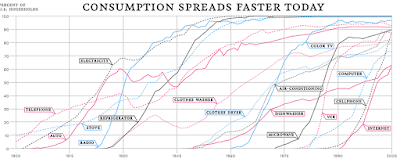Charitable Giving in 2017
I don't know if I've mentioned it on this blog but a while ago I took the Giving What We Can pledge to donate 10% of my pre-tax income every year to efficient charities. In general I'd recommend following Givewell's recommendations fairly closely. In past years I've strayed beyond them a bit, in particular giving a bit extra to charities that provide micronutrients in poor countries on the theory that allowing kids to grow up healthier is investing in the future and maybe I ought to prioritize that over saving as many lives as I can right now. On the other hand, Givewell's top charity is the Against Malaria Foundation and we, that is humanity in general, have been making huge strides against Malaria recently. It isn't an impossible project to eliminate it in the wild. I'm too young to have helped with the elimination of Smallpox but this would be another ancient enemy laid to rest. The Against Malaria Foundation is a finite entity and might no...

